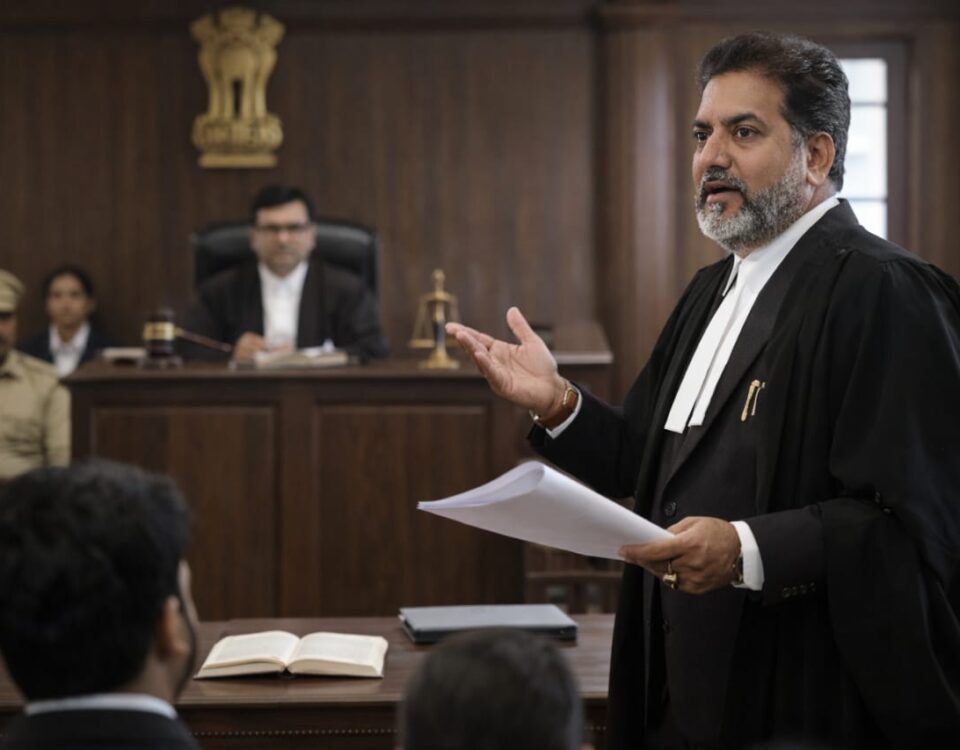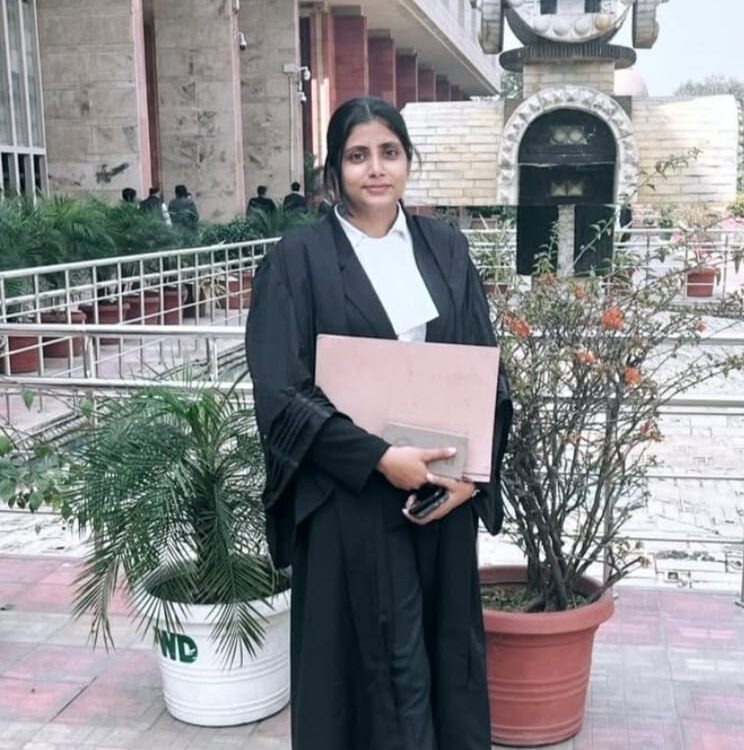
Permanent Child Custody Cases
Legal Insights and Procedures
Permanent custody refers to the legal right of an individual to have continuous care and control of a child or dependent, typically following the dissolution of a marriage or the separation of parents. In civil cases, custody battles are often settled through the family courts, where the paramount concern is the best interests of the child. Permanent custody may be awarded to one parent or a third party, depending on the circumstances surrounding the case. This page explores the concept of permanent custody in civil cases, the legal framework, procedures, and factors that influence decisions in family law matters. The decision regarding permanent custody is one of the most crucial outcomes in family law matters. Courts must consider not just the legal entitlements of the parents, but also the emotional, psychological, and physical welfare of the child. Custody is not only about who the child will live with, but also about the long-term impact on the child’s development. This decision, which can extend for years, often includes considerations such as the child’s age, relationship with the parents, the ability of each parent to provide for the child's well-being, and the general stability of the child’s environment.
What is Permanent Custody?
Permanent custody in family law refers to a situation where one parent or a designated individual is granted the long-term or permanent responsibility of a child’s upbringing, well-being, and care. This typically arises after the parents separate or divorce, and there is a need to determine which parent should have legal and physical custody of the child.
In civil cases, permanent custody can be granted in the following circumstances:- Divorce: In cases where a marriage ends in divorce, the family court decides the custody of minor children based on their welfare.
- Child Custody Disputes: In situations where parents are not married, but there is a dispute regarding who should have custody of the child, the court may grant permanent custody to one parent.
- Abandonment or Neglect: In cases of abandonment, neglect, or abuse by a parent, a third party (such as a grandparent or guardian) may be awarded permanent custody.
Legal Framework for Permanent Custody
In India, the laws governing permanent custody are primarily found in the Hindu Minority and Guardianship Act (HMGA) for Hindus, the Guardian and Wards Act, 1890, and other personal laws applicable to different religious communities. The courts consider the following when awarding permanent custody:
- Best Interest of the Child: The paramount consideration in custody decisions is the child’s welfare. Courts prioritize factors such as the emotional and psychological needs of the child, their health, and their relationship with each parent.
- Parental Rights and Responsibilities: Courts assess the capability of each parent to provide for the child’s physical, emotional, and financial needs. The court also considers the relationship between the parent and child.
- Age and Gender of the Child: Generally, younger children are more likely to be placed with the mother, particularly infants and toddlers, as it is believed that the mother is the primary caregiver. However, this is not a hard rule and depends on the circumstances.
- Mental and Physical Health of Parents: The health and well-being of both parents are considered to ensure they can effectively care for the child.
- Parental Behavior: Instances of violence, abuse, addiction, or neglect by either parent can be deciding factors in granting custody to the other parent or a third party.
- Child’s Wishes: Depending on the child’s age and maturity, their preference may also be considered by the court, though this is not decisive in all cases.
How is Permanent Custody Decided?
The process of determining permanent custody involves the following steps:
- Filing a Petition: The party seeking custody must file a petition in the family court of the area where the child resides. The petition will include details of the applicant's relationship with the child, their ability to care for the child, and the reasons why they should be granted custody.
- Court Investigation and Reports: In many cases, the court may order an investigation to assess the child’s living conditions, emotional attachment to each parent, and other relevant factors. This may include reports from social workers or child welfare officers.
- Hearings and Testimonies: The court will hold hearings where both parents or guardians can present their case. They may also provide evidence, witness testimonies, and relevant documents that support their claim for custody.
- Guardian’s Report: In cases where the court is considering the appointment of a third party (such as a grandparent, relative, or legal guardian), it may ask for a report on the suitability of that individual to care for the child.
- Custody Orders: While the permanent custody decision is pending, the court may issue interim custody orders that specify temporary custody arrangements, visitation rights, and other related matters.
- Final Decision: After considering all factors and evidence, the court will make a final decision on the custody of the child. The decision will be based on what is deemed to be in the child’s best interests.
Types of Custody in Civil Cases
In civil law, custody can be categorized into different types:
- Physical Custody: The parent or guardian with physical custody of the child is responsible for the day-to-day care and housing of the child.
- Legal Custody: Legal custody refers to the right to make decisions about the child’s education, health, and welfare. A parent with legal custody can make important decisions regarding the child’s upbringing.
- Joint Custody: Joint custody means that both parents share legal and/or physical custody of the child. In such cases, both parents are involved in making decisions for the child, and the child may spend time with both parents.
- Sole Custody: Sole custody is when one parent is granted both physical and legal custody, and the child primarily resides with that parent.
- Visitation Rights: If one parent is awarded sole custody, the other parent may be granted visitation rights to maintain their relationship with the child.
Factors Influencing Permanent Custody Decisions
- Parental Fitness: Courts examine the fitness of each parent to provide the child with a safe and nurturing environment. This includes evaluating the parent’s mental stability, emotional maturity, and ability to meet the child’s needs.
- Parental Conflict: In cases of high parental conflict or acrimony, courts may award custody to the parent who is more likely to provide a stable and peaceful environment for the child.
- Child’s Emotional Bond: The court considers the emotional bond between the child and each parent. A strong bond may increase the likelihood of the child being placed with the parent who has a closer relationship.
- Financial Stability: The ability to financially support the child plays a significant role in custody decisions. The parent with more stable income or resources may be more likely to be awarded custody.
- Domestic Violence or Abuse: If there is evidence of domestic violence, abuse, or substance abuse, courts may deny custody to the offending parent and may grant custody to the other parent or a third party.
Appealing a Custody Decision
If a party is dissatisfied with the family court’s decision on custody, they have the option to appeal the decision in a higher court. The appeal must be based on legal grounds such as improper application of the law, procedural errors, or new evidence that was not available during the original hearing.
Conclusion
Permanent custody in civil cases is a sensitive and complex issue that requires careful consideration of various factors to ensure the best interests of the child are protected. The family court system in India provides mechanisms for resolving custody disputes, taking into account the emotional, financial, and psychological well-being of the child. If you are involved in a custody dispute or need assistance with permanent custody matters, consulting with an experienced family lawyer is essential to navigate the legal process effectively. At Lawyer in noida, our team of family law experts is committed to assisting clients in securing the custody of their children. We provide compassionate legal guidance and representation throughout the custody process, ensuring that your rights and your child’s welfare are prioritized. This page outlines the essential aspects of permanent custody in civil cases, focusing on the legal process, factors influencing decisions, and the types of custody arrangements. It can be adapted for your website as needed.







